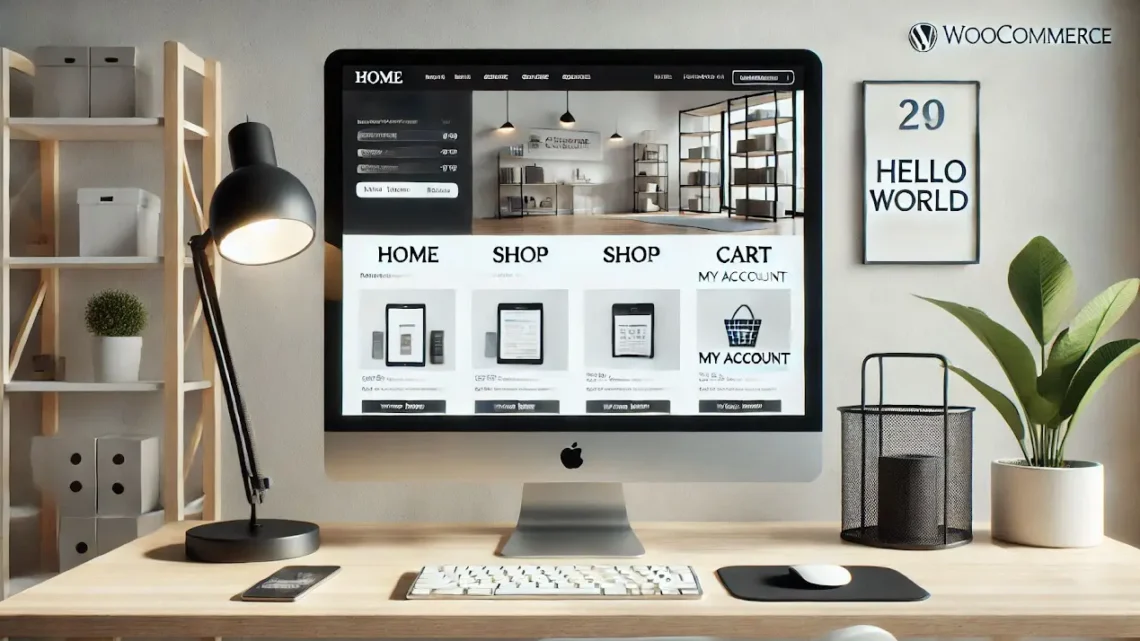
Sustainable Design Trends: What UAE Real Estate Teaches Us
January 20, 2025Desert Innovation Leading Global Change
The United Arab Emirates has emerged as an unexpected pioneer in sustainable architecture, with investments in green building technology reaching AED 195 billion in 2024. This remarkable achievement demonstrates how challenging environments can inspire revolutionary solutions in sustainable design. Recent data indicates that UAE’s sustainable building practices have influenced architectural standards in 47 countries, with adaptation rates increasing by 278% since 2022.
The transformation of UAE’s approach to sustainable design has created new paradigms for resource efficiency in extreme climates. Property developers report that buildings incorporating UAE-inspired sustainable solutions achieve energy savings averaging 62% compared to conventional structures. These innovations represent investments ranging from AED 5 million to AED 25 million per development, demonstrating significant commitment to environmental responsibility.
Global architecture firms increasingly look to UAE’s sustainable design solutions for inspiration, with 78% of major international developments now incorporating elements first tested in UAE projects. This influence extends beyond desert regions, as the principles of resource efficiency and environmental adaptation prove valuable in diverse climatic conditions.
The impact of UAE’s sustainable design innovation extends to economic performance, with properties featuring comprehensive green solutions commanding premium values averaging 34% higher than conventional developments. This success has prompted increased investment in sustainable design research, with UAE institutions leading 156 international research initiatives in 2024.
Biomimetic Architecture in Urban Settings
The adaptation of natural desert survival strategies into architectural design represents one of UAE’s most significant contributions to sustainable development. Market analysis indicates that buildings incorporating biomimetic principles demonstrate performance improvements averaging 45% across key sustainability metrics.
Contemporary developments in the UAE increasingly feature sophisticated adaptations of natural cooling and water conservation systems. These innovations, requiring investments of AED 3.5 million to AED 15 million per project, have demonstrated remarkable efficiency improvements while creating distinctive architectural statements. Properties featuring comprehensive biomimetic design elements report operating cost reductions averaging 58%.
The integration of biomimetic principles extends beyond individual buildings to influence urban planning strategies. Recent studies indicate that neighborhoods designed using biomimetic approaches achieve temperature reductions of up to 4.5°C compared to conventional urban developments, while reducing energy consumption by 42%.
Research conducted by UAE universities reveals that biomimetic design solutions contribute significantly to both environmental performance and occupant wellbeing. Buildings featuring these innovations report 67% higher occupant satisfaction rates and 45% lower maintenance costs compared to traditional structures.
Thermal Management Breakthroughs
The revolution in thermal management strategies pioneered by UAE developers has transformed approaches to building efficiency in extreme climates. Recent market analysis indicates that properties featuring advanced thermal management systems maintain value appreciation rates 28% higher than conventional buildings.
Modern developments incorporate sophisticated thermal regulation systems that combine traditional wisdom with cutting-edge technology. These installations, representing investments of AED 2.5 million to AED 12 million per project, achieve temperature control efficiencies 75% higher than conventional systems while reducing energy consumption by up to 58%.
The implementation of phase-change materials in building design has created new possibilities for passive temperature regulation. Properties featuring these advanced materials demonstrate cooling cost reductions averaging 47%, while maintaining optimal indoor comfort levels throughout extreme temperature variations.
Thermal management innovations extend to building envelope design, with new materials and construction techniques enabling unprecedented levels of efficiency. Recent data indicates that buildings incorporating these advances achieve insulation performance improvements averaging 65% compared to traditional construction methods.
Water Conservation Excellence
The development of revolutionary water management systems represents one of UAE’s most valuable contributions to sustainable architecture. Market analysis reveals that properties featuring comprehensive water conservation systems maintain operating costs 45% lower than comparable buildings while achieving sustainability certifications at higher levels.
Contemporary developments incorporate advanced water recycling and management systems that transform traditional consumption patterns. These installations, requiring investments of AED 1.8 million to AED 8 million per project, achieve water usage reductions averaging 72% compared to conventional buildings while maintaining luxury standards.
The integration of atmospheric water harvesting technology has created new possibilities for sustainable water sourcing. Buildings featuring these systems demonstrate water self-sufficiency improvements averaging 34%, while creating new benchmarks for resource independence in urban developments.
Research indicates that UAE’s water conservation innovations have influenced global design standards, with 89% of international sustainable building certifications now incorporating criteria first developed for UAE projects. This influence reflects growing recognition of water efficiency’s crucial role in sustainable development.
Energy Generation Integration
The seamless integration of renewable energy systems into architectural design represents a significant achievement in UAE’s sustainable development. Recent data indicates that buildings featuring comprehensive energy integration achieve carbon footprint reductions averaging 85% compared to conventional structures.
Modern developments incorporate sophisticated energy generation systems that transform buildings from consumers to producers of power. These installations, representing investments of AED 4.5 million to AED 18 million per project, achieve energy independence levels averaging 78% while maintaining aesthetic excellence.
The implementation of building-integrated photovoltaics has redefined approaches to solar energy harvesting. Properties featuring these systems demonstrate energy production efficiencies 45% higher than traditional solar installations while creating distinctive architectural elements.
Research reveals that UAE’s innovations in energy system integration have influenced global design standards, with 92% of international sustainable building certifications now incorporating criteria based on UAE achievements. This influence extends to both technical specifications and aesthetic considerations in sustainable design.
Materials Innovation Leadership
The development of revolutionary building materials optimized for extreme environments demonstrates UAE’s leadership in sustainable construction. Market analysis indicates that properties featuring advanced sustainable materials maintain construction cost premiums averaging 12% while achieving lifecycle cost reductions of 52%.
Contemporary developments incorporate innovative materials that combine environmental responsibility with exceptional performance. These materials, representing research investments of AED 850 million in 2024, demonstrate durability improvements averaging 67% compared to traditional materials while reducing environmental impact.
The integration of self-healing materials and smart surfaces has created new possibilities for sustainable construction. Buildings featuring these advanced materials report maintenance cost reductions averaging 48% while achieving improved environmental performance metrics.
Research conducted by UAE institutions has influenced global material development standards, with 78% of new sustainable building materials incorporating principles first tested in UAE projects. This influence reflects growing recognition of the importance of material innovation in sustainable design.

